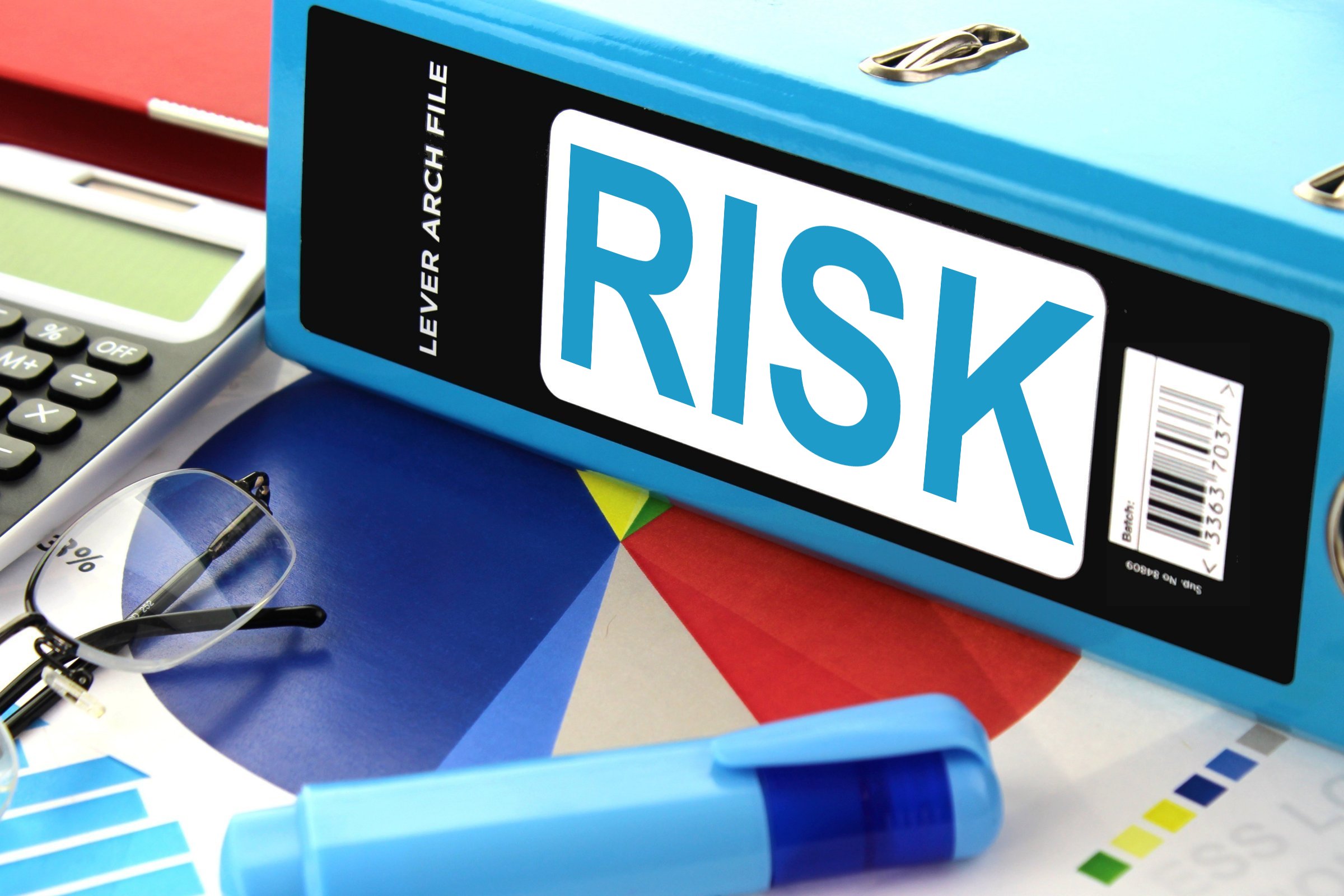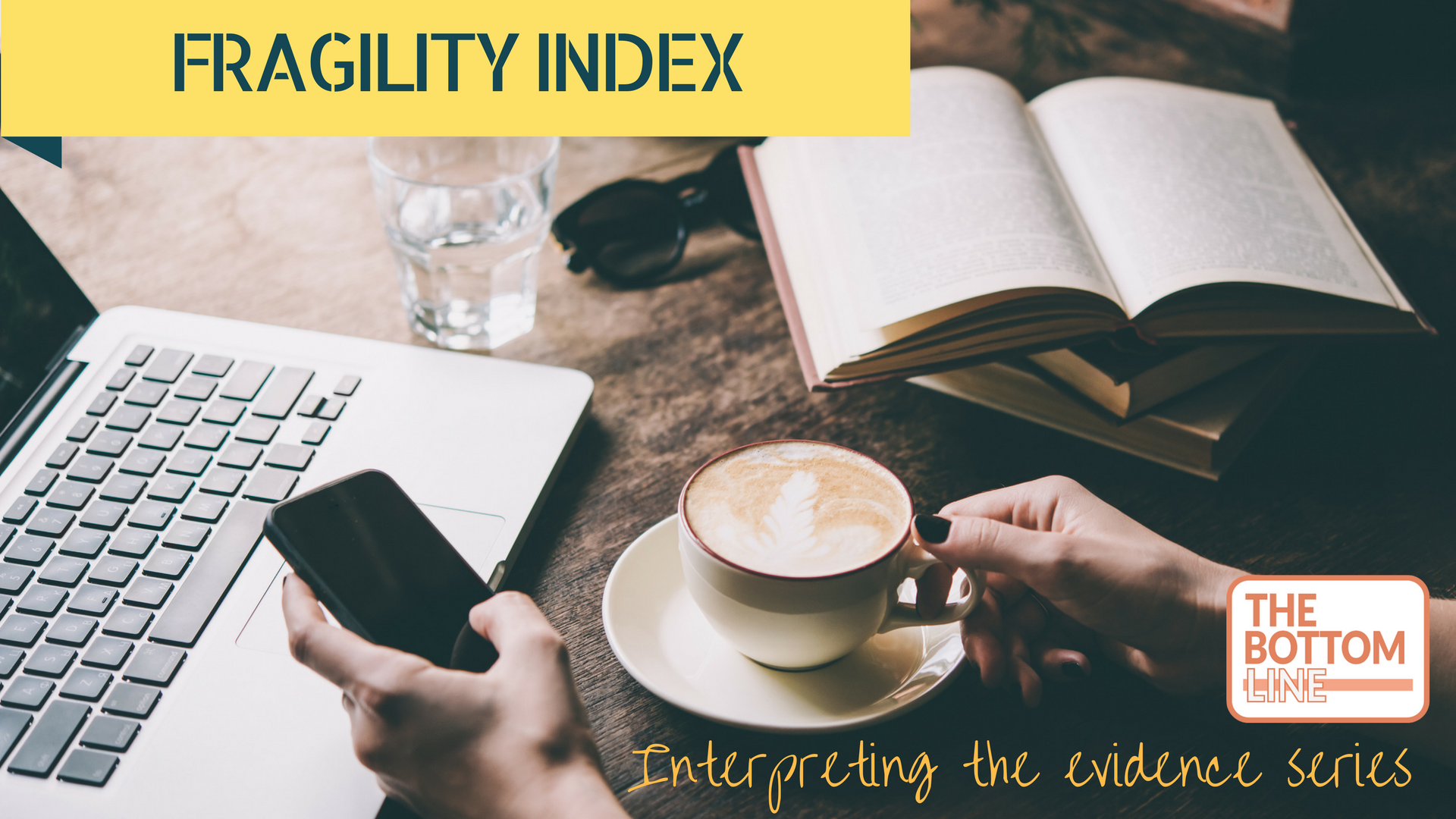Risks of Relying Excessively on Suppliers:
1. Supply Chain Disruptions:

- Dependence on a limited number of suppliers can lead to vulnerabilities if any of them experience disruptions due to natural disasters, labor strikes, or economic downturns.
- Supply chain interruptions can result in delays, shortages, and increased costs.
2. Loss of Control:

- Relying heavily on suppliers can reduce a company's control over its supply chain.
- Suppliers may dictate terms, prices, and delivery schedules, limiting a company's ability to respond to market changes or customer demands.
3. Price Volatility:
- Limited supplier competition can lead to inflated prices and less leverage for negotiating favorable terms.
- Companies may be forced to accept higher costs or find alternative suppliers at significant expense.
4. Quality Issues:
- Dependence on a single supplier can increase the risk of quality deficiencies.
- If a supplier fails to meet quality standards, it may impact the quality of the company's own products or services.
5. Cybersecurity Vulnerabilities:
- Suppliers may be entry points for cyberattacks, compromising a company's data and operations.
- Inadequate cybersecurity measures at suppliers can increase the risk of data breaches or malware infections.
6. Environmental and Social Risks:
- Companies may be exposed to reputational risks if their suppliers engage in unethical or environmentally unsustainable practices.
- Dependence on suppliers in developing countries can raise concerns about labor exploitation or human rights violations.
Mitigation Strategies:
- Diversifying suppliers: Partnering with multiple suppliers reduces the impact of disruptions and increases bargaining power.
- Developing backup suppliers: Identifying and qualifying alternative suppliers ensures continuity in case of emergencies.
- Negotiating strong contracts: Establishing clear performance expectations, penalties for breaches, and safeguards for quality and security.
- Investing in supplier relationships: Building strong partnerships based on trust and communication improves collaboration and reduces risks.
- Monitoring supply chains: Regularly evaluating supplier performance, identifying weaknesses, and taking corrective actions.
- Exploring alternative sourcing options: Considering in-house production, joint ventures, or sourcing from different regions to mitigate risks.## The Dangers of Dependency: Risks of Relying Too Much on Suppliers
Executive Summary
Overreliance on a single supplier or a small group of suppliers can expose businesses to significant risks. This article explores the potential consequences of dependency in supply chains, highlighting the importance of supplier diversity and risk mitigation strategies.
Introduction
In today's interconnected global economy, businesses often rely on a network of suppliers to provide essential goods and services. While this can lead to cost savings and efficiency gains, it can also introduce vulnerabilities if supplier relationships are not properly managed. Dependency on a single supplier or a small group of suppliers can increase the risk of supply chain disruptions, reduced bargaining power, and exposure to price fluctuations.
FAQs
What are the risks associated with supplier dependency?
- Supply chain disruptions
- Increased costs
- Reduced bargaining power
- Quality issues
- Ethical and sustainability concerns
How can businesses reduce dependency on suppliers?
- Conduct thorough due diligence on potential suppliers
- Diversify the supplier base
- Establish clear contracts and performance metrics
- Build strong relationships with suppliers
- Explore alternative sourcing options
What are the benefits of supplier diversity?
- Reduced risk of supply chain disruptions
- Increased bargaining power
- Improved access to innovation
- Enhanced resilience and flexibility
- Improved reputation and social responsibility
Subtopics
Supply Chain Disruptions
Description: A supply chain disruption is an unexpected event or occurrence that interrupts the flow of goods or services.
- Possible causes: Natural disasters, political instability, labor strikes, pandemics
- Consequences: Lost revenue, increased costs, damaged reputation
- Mitigation strategies: Supplier diversity, contingency plans, inventory management
Increased Costs
Description: Excessive reliance on a single supplier can lead to increased costs due to reduced competition.
- Factors: High demand, limited supply, lack of alternative options
- Consequences: Reduced profit margins, decreased competitiveness
- Mitigation strategies: Supplier diversity, negotiate favorable contracts, explore cost-saving initiatives
Reduced Bargaining Power
Description: Dependence on a single supplier or a small group of suppliers diminishes a company's bargaining power in negotiations.
- Factors: Limited supplier options, high switching costs
- Consequences: Unfavorable pricing, reduced flexibility, compromised quality
- Mitigation strategies: Supplier diversity, build strong relationships with suppliers, evaluate alternative sourcing options
Quality Issues
Description: Overreliance on a single supplier can increase the risk of quality issues if the supplier fails to meet performance standards.
- Factors: Poor quality control, lack of oversight
- Consequences: Product defects, customer dissatisfaction, reputational damage
- Mitigation strategies: Establish clear performance metrics, monitor supplier quality, conduct regular inspections
Ethical and Sustainability Concerns
Description: Dependency on a single supplier can increase the risk of exposure to unethical or unsustainable practices.
- Factors: Limited supply chain visibility, lack of supplier oversight
- Consequences: Reputational damage, legal liability, consumer backlash
- Mitigation strategies: Conduct ethical audits, engage with suppliers on sustainability, promote transparency and traceability
Conclusion
Dependency on suppliers can pose significant risks to businesses, including supply chain disruptions, increased costs, reduced bargaining power, quality issues, and ethical concerns. By implementing strategies such as supplier diversity, building strong supplier relationships, and conducting thorough due diligence, businesses can mitigate these risks and enhance their supply chain resilience.
Keyword Tags
- Supplier dependency
- Supply chain risk
- Supplier diversity
- Risk mitigation
- Ethical sourcing




















































































































































 Global Online Gambling & iGaming is a full service cash Online Gambling & iGaming marketing consultancy with casino partners situated around the world.
Global Online Gambling & iGaming is a full service cash Online Gambling & iGaming marketing consultancy with casino partners situated around the world.